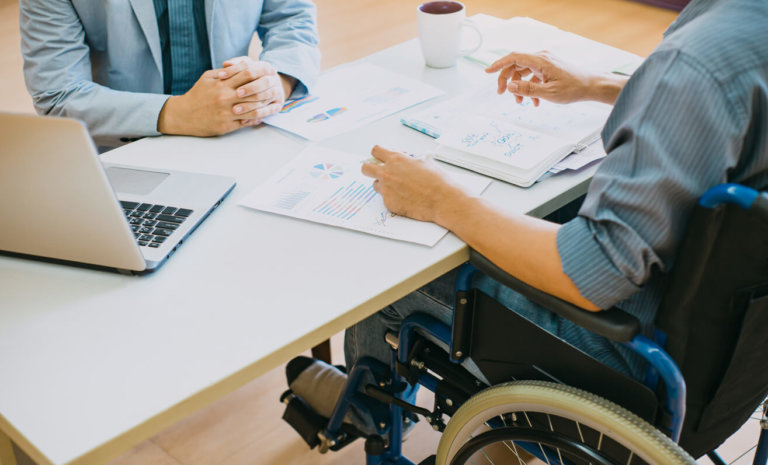Do you have a personal injury claim? If so, you may be wondering why your lawyer won’t take it. The reason could be that they are already too busy or not interested in the type of case. Though there are many reasons a New Jersey personal injury attorney might turn down a potential client, these 5 issues are the most common.
Reasons A Personal Injury Lawyer Might Take a Case
1. Liability for Your Injuries Is Not Clear-Cut
Many people are not sure who is liable in their personal injury claim. If it appears that you may have been liable for some or all of the accident, the attorney may not want to spend time representing you because your settlement or judgment may be too small to warrant the time spent.
2. The Personal Injury Case Is Overly Complex
Personal injury cases can be very complex. In fact, a personal injury attorney may decline your case because it is too complicated for them to take on.
The complexity of the facts and circumstances in your case may make it difficult to determine the amount of time needed to handle the case. As a result, an attorney could decline to bring you on as a client because they do not want their other cases put at risk due to lack of time.
3. Your Claim Must Be Filed in a Different State
In order to be considered as a potential client for a personal injury lawyer, you must have had an accident or been involved in an incident that took place where the lawyer practices. If you were hurt outside of this area then it doesn’t matter how severe your injuries are or how much money your claim may be worth. The attorney will not take on your case because they cannot practice law in a state in which they are not licensed.
4. You Have Let the Statute of Limitations Run on Your Claim
One of the most common reasons that an attorney might not take your case is that the statute of limitations has run out. This statute of limitations is a legal deadline to file a case with the courts. The statute of limitations in New Jersey is two years, which means you have two years from the date of your accident to file a claim with the courts. If you wait too long, you may forfeit your right to any compensation.
5. Your Claim May Not Be Worth the Attorney’s Time
Most personal injury attorneys take injury cases on a contingency basis. This means that the attorney doesn’t get paid unless you recover money for your claim. The amount of your recovery is based on a number of factors, including the extent of your personal injuries, loss of work, and property damage. If the attorney doesn’t think you have enough damages to warrant the amount of time the attorney will have to spend, they may not take your case.
Are You Looking for a Personal Injury Attorney?
If you are looking for representation, there are some things you can do to improve the chances of getting hired. First, keep detailed records on your injuries, medical bills, recovery time, lost wages, and any other ways in which the accident has negatively affected your life.
The more detailed the records, the better your chances of recovering what you are entitled to. Your attorney will appreciate your thoroughness, which can help you attract the best attorney available. If you’ve been injured, get in touch with our office. We offer free consultations.

